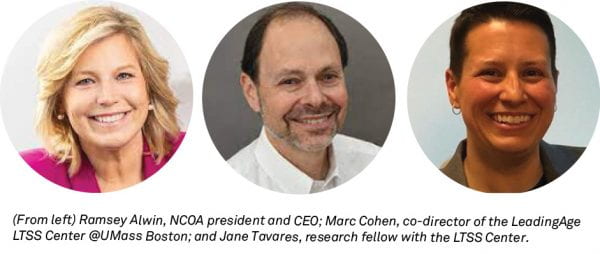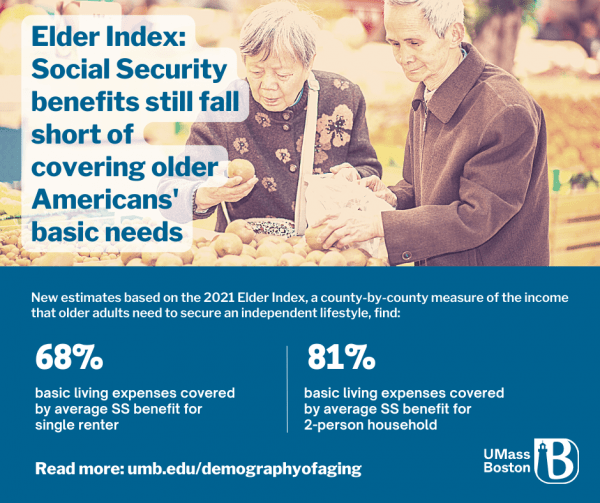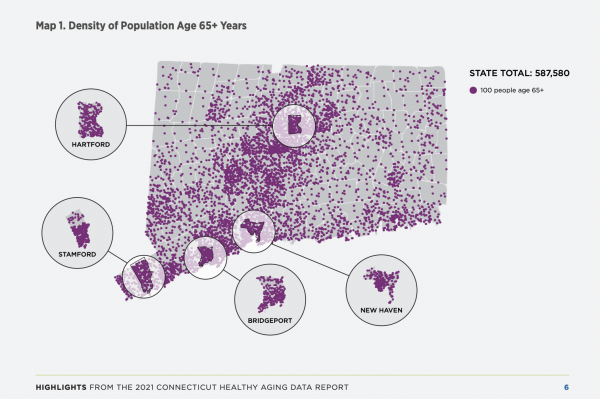Category Economic Security
Doctoral student Molly Wylie named inaugural fellow for 2022-23. The National Council on Aging (NCOA) and the LeadingAge LTSS Center @UMass Boston have partnered to create an Equity in Aging Research Fellowship. The one-year graduate research position supports both organizations’… Continue Reading →
Yung-Ping “Bing” Chen, professor emeritus of gerontology at UMass Boston, passed away on May 10, 2022. Widely recognized for his work on economic security for the aged, Bing Chen had a distinguished career in academia and as a government adviser…. Continue Reading →
The National Council on Aging’s Equity in Aging Collaborative will work with the Gerontology Institute to train advocates on using the Elder Index for more accurate, regionally specific benchmarks of economic security. Nearly a quarter of all Americans age 65… Continue Reading →
Economists say baby boomers age 70 and older hold the greatest wealth of any generation to date. Increasingly, that wealth is the target of financial fraud, or scams. During the pandemic, as older people are relying increasingly on telephones and… Continue Reading →
Consider a few facts about older people living in Connecticut: Three of every four suffer from hypertension. One of every three have diabetes. Most older adults across the state own their homes, but the rate of ownership ranges from just… Continue Reading →
Medicaid helps millions of older adults access care and support they need but cannot afford in life. What happens after those people die is the subject of a long-running debate that has taken a new turn. States are required by… Continue Reading →
Most older women spent their working lives behind the economic curve. They were typically paid less than men when at work and more likely to provide family care that reduced employment opportunities. Their economic situation doesn’t improve in later life…. Continue Reading →
A tragic aspect of the pandemic’s prolonged economic downturn – the rising rate of food insecurity in the United States – could impact older, poorer adults and their families for years to come, according to a study by researchers at… Continue Reading →
Our Marc Cohen and co-author Stuart M. Butler published the following piece this week in Health Affairs, revisiting some of the issues we wrote about earlier while taking a deeper look at this long-standing problem. The Middle Ground for Fixing… Continue Reading →
Marc Cohen and other academics and policy analysts saw the writing on the wall years ago. With roughly 10,000 Americans turning 65 every day, a decades-old medical and financial storm is now on the horizon when it comes to how… Continue Reading →





